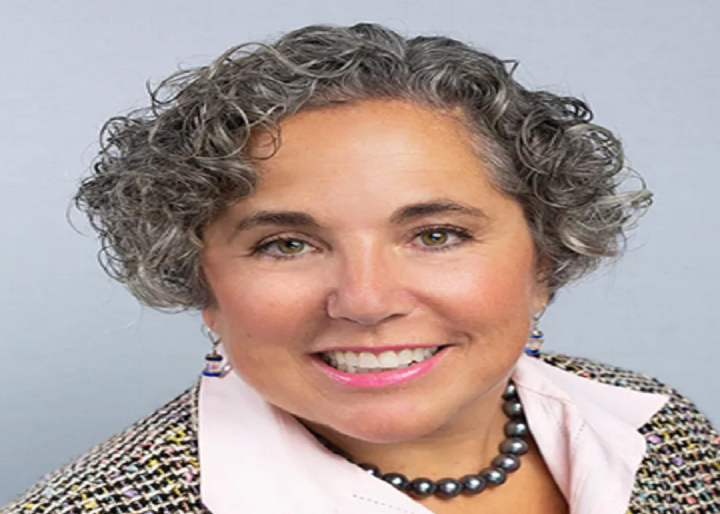Homeowner Equity Remains Elevated
…But Dips Downward Again in First Quarter By ATTOM Team ATTOM, a leading curator of land, property, and real estate data, released its first-quarter 2024 U.S. Home Equity & Underwater Report, which shows that 45.8% of mortgaged residential properties in the United States were considered equity-rich in the first quarter, meaning that the combined estimated amount of loan balances secured by those properties was no more than half of their
Read More









